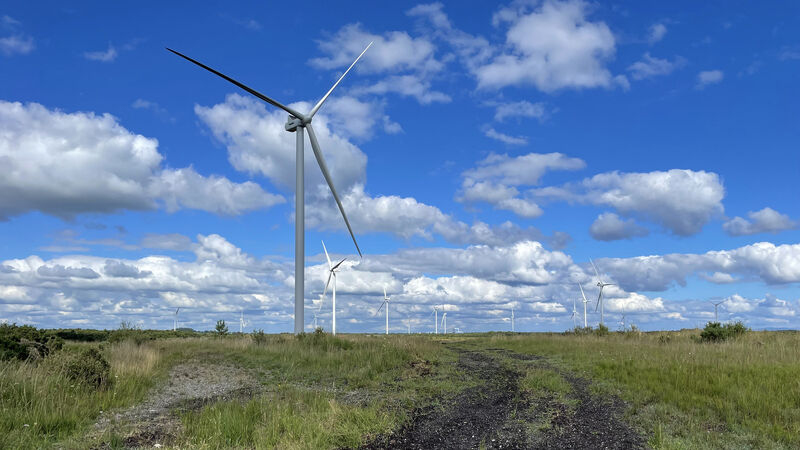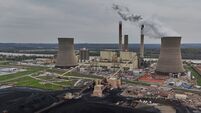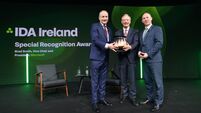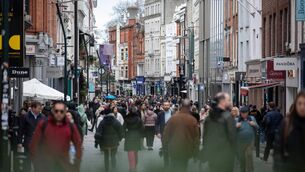Tom McDonnell: Budget climate policy needs to focus on the carrot rather than the stick

Wind turbines in the Bog of Allen in Co Offaly. Net-zero transition has employment implications, but there will also be new types of employment.
Climate change means rising temperatures and sea levels, increased water stress, more extreme events, threats to food security, climate migration, and of course biodiversity loss. We need climate action but climate action and a successful net zero transition will not happen by themselves.
US president Joe Biden’s Inflation Reduction Act is catalysing investment into domestic energy production and sparking a transformative shift towards green energy with significant cuts in greenhouse gas emissions. His attitude is that these are investments rather than costs.
CLIMATE & SUSTAINABILITY HUB














